The Shure SRH440A are closed-back, circumaural headphones that are particularly well-suited to monitoring recordings and speech broadcasts, with passive noise cancellation and present mids. This might be useful for home-recorded vocals as well as podcasts, streaming or video chats. These headphones score points with a great look, practical handling and high wearing comfort. For applications where a more detailed sound with a wider stereo image and more differentiated sound reproduction is desired.
The SRH440A Professional Studio Headphones deliver enhanced detailed frequency response with accurate audio for podcasting, home recording and critical editing/mixing. The consistent and uncolored sound response provides a very accurate representation of recorded audio, making it ideal for capturing talent in a podcast or recording session. The increased isolation, included straight cable and premium materials make it great for video as well.
Shure SRH440A
Closed-back headphones for home recording and voice applications
As the successor to the tried-and-tested Shure SRH440 headphone model, the Shure SRH440A takes things to a new level of performance for home recording and podcasting.
With the Shure SRH440A, home recording fans and podcasters will find closed-back headphones in an affordable price range, close to the next model up Shure SRH840A. But how does this upgraded version of Shure’s classic SRH440 sound?
Package and appearance
In the box with the Shure SRH440A you will find the same package as with the SRH840A, an interchangeable cable, a 6.35-mm screw adapter and a slim user manual, but not a carrying pouch.
Compared to the older model SRH440, the design of the new version is much more contemporary. A simpler design, a higher-quality look and internal cabling give these headphones a very pleasing and more premium appearance. The fact that they lack the metallic trim rings and shiny screws of the more expensive SRH840A does not change anything. Like them, the SRH440A has a faux leather cover on the top of the headband, which is stitched. It contributes to the valuable appearance of the device.
Technology and specifications of the Shure SRH440A
On paper, the Shure SRH440A lacks 5 Hz in the bass and 3 kHz in the treble compared to the next largest model. Nevertheless, with a frequency range of 10 to 22,000 Hz, it covers a wider spectrum than typically perceived by the human ear. Thanks to our measurements, the model we tested can be compared with both the older SRH440 and the new model the SRH840A. What these have over the old model is the impedance, which is a little lower at barely more than 34 ohms and maximum output sound pressure level that is more than 5 dB/SPL higher at over 103 dB/SPL. Accordingly, these headphones are even better suited for the headphone outputs of audio interfaces, laptops and smart devices. The SRH440A is also almost 70 grams lighter. In common with the SRH840A are the 40 mm drivers with powerful neodymium magnets.
Material and handling
The Shure SRH440A’s ear cups rotate 90 degrees. They then take up less space in a backpack or bag. However, there is no longer a folding mechanism like on the older SRH440. The headphone cable plugs in on one side and therefore allows a lot of freedom of movement. It is fixed in the left ear cup with a bayonet catch. This ensures that the cable is always securely connected to the SRH440A. The headband adjustment is the same as in the next model up. Low-resistance adjustment, easy ratcheting and a pad covered with breathable fabric ensure a comfortable fit and quick adjustment of the headband size. The memory foam-filled cushions of the ear cups do not cause sweaty ears, which makes for a degree of wearing comfort.
Shure SRH440A
Shure SRH440A
Shure SRH440A
Shure SRH440A
Shure SRH440A
Shure SRH440A
Shure SRH440A – Sound
If you’re expecting the Shure SRH440A’s sound to be reminiscent of the SRH840A because of their visual similarity, you will be proved wrong. The sound of the model we tested was more “lethargic” and less open. However, the basses are well developed, right down to the low bass. But the entire sound stage is much narrower in terms of stereo width and depth. Compared to its bigger brother, the dynamics of the reproduction also seemed much more limited and less differentiated. The midrange of rock and pop music is present in the SRH440A. But lacking the richness of detail that makes it stand out in the SRH840A. In addition, the treble and the super-high frequency range are even more restrained. Accordingly, the audio signal seems to be much less finely resolved. If you like a lot of volume, you’ll find it with the SRH440A. However, depending on the audio material, the foregrounding of its mid-range reproduction can quickly become exhausting.
The passive noise cancellation that results from the closed design of these headphones works well in both directions. In my view, this feature and the special sound profile make them particularly suitable for voice productions, streaming and audio or video chats.
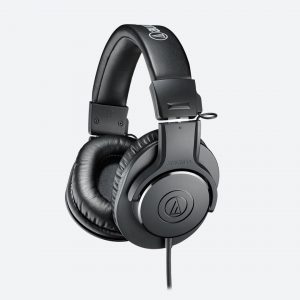
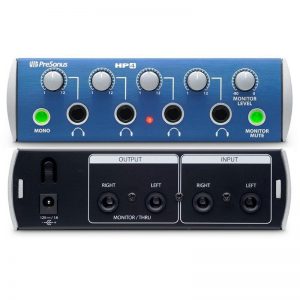
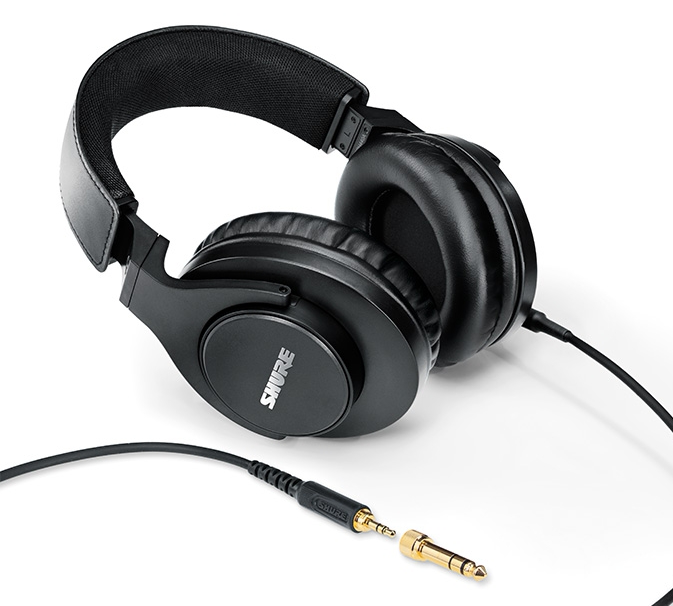
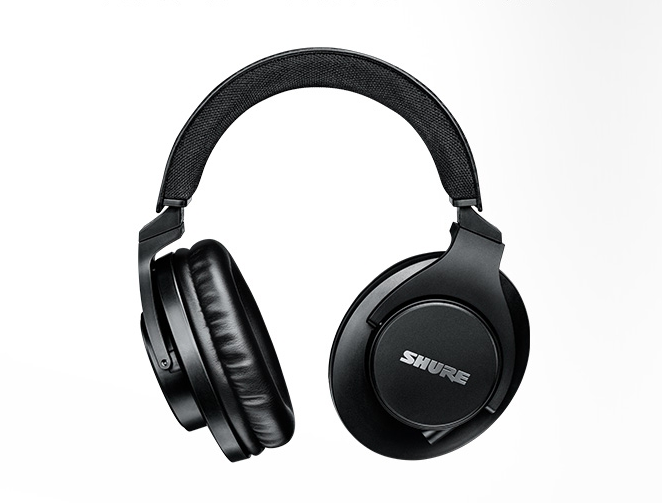
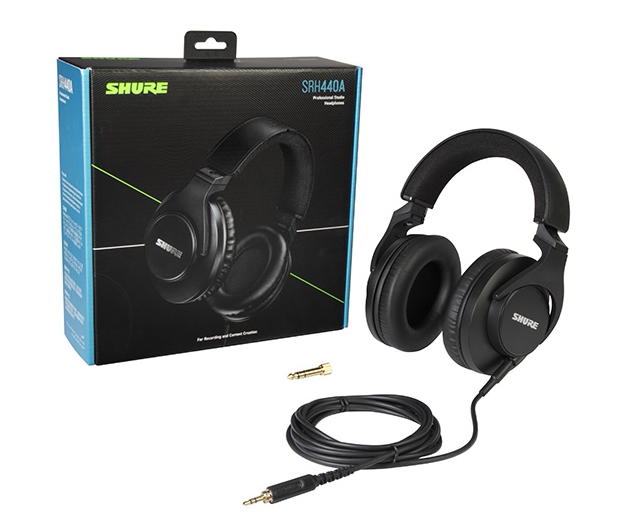

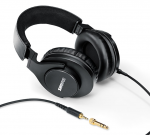
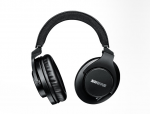
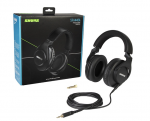
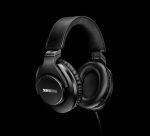

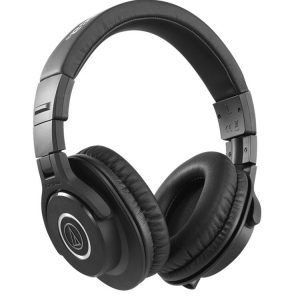
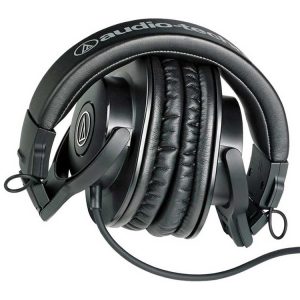
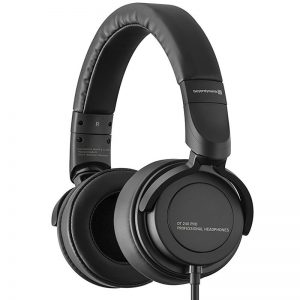
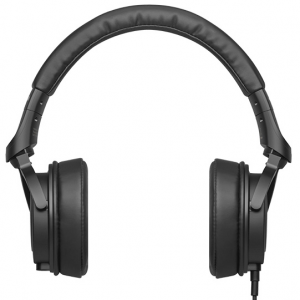
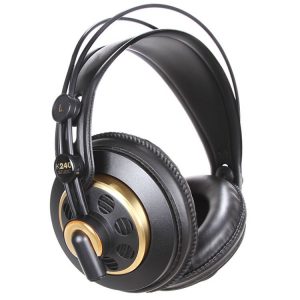
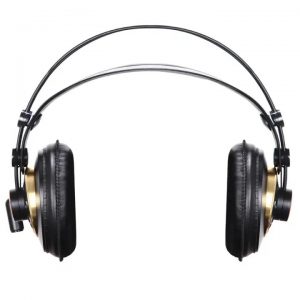
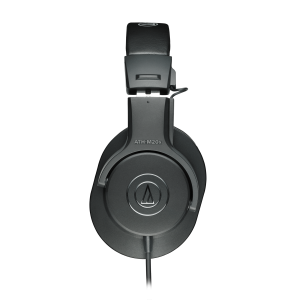
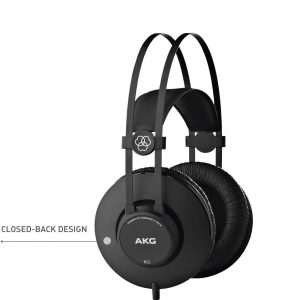
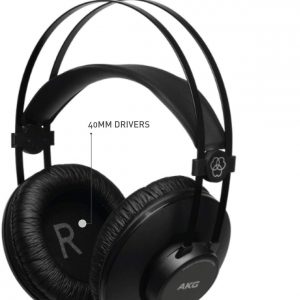
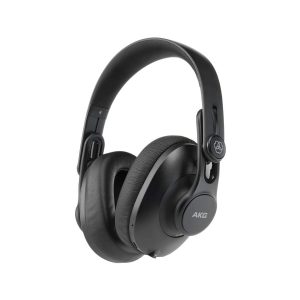
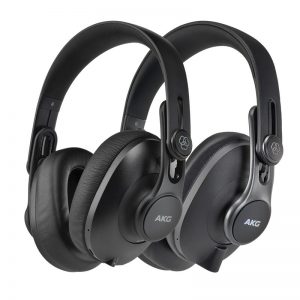
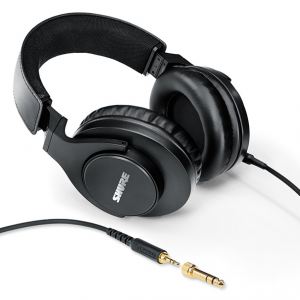


Reviews
There are no reviews yet.